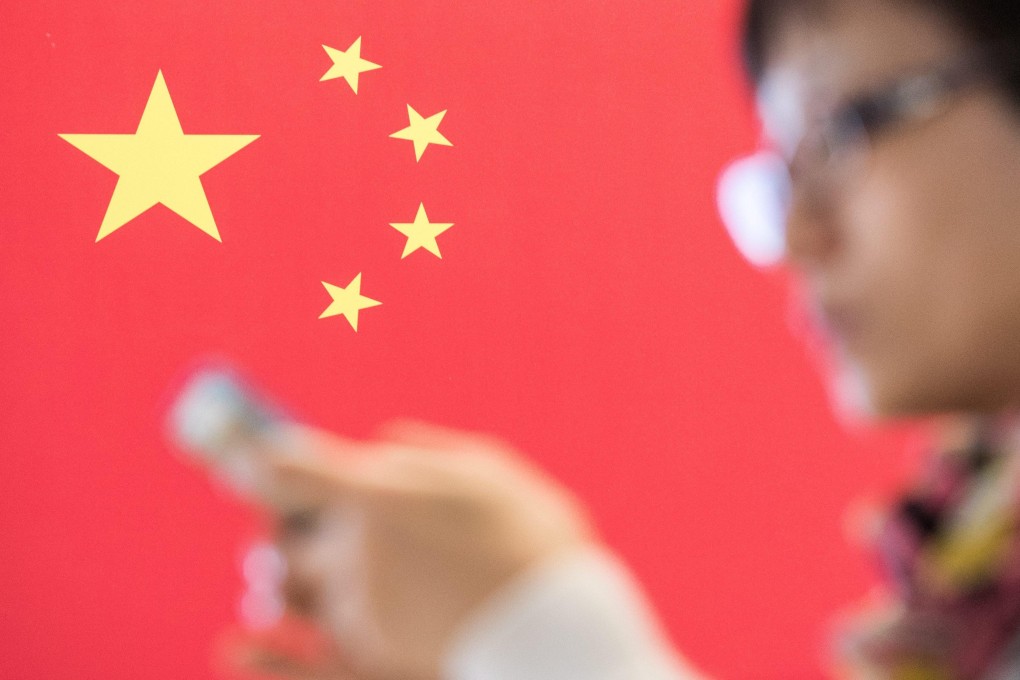Advertisement
Opinion | China must avoid Europe’s mistakes and stand up against rising extremism
- The ultranationalist comments on Chinese social media in the wake of an attack on a Japanese school bus highlight a worrying trend
Reading Time:3 minutes
Why you can trust SCMP
5

As many major world economies struggle, some people are turning to the far-right. Europe, which recently commemorated the 80th anniversary of D-Day, has seen support for far-right parties growing across the continent. Meanwhile, ultranationalism is boiling over on Chinese social media amid an attack on a Japanese school bus in Suzhou last week.
The extremism is so worrying that Chinese tech companies such as Tencent, Baidu, NetEase, Douyin and Bilibili have clamped down on extreme nationalist comments on their platforms. As the world drifts further to the right, how far will China’s ultranationalism go?
On June 24, a man armed with a knife attacked a bus used by a Japanese school in Suzhou. Two Japanese citizens at the bus stop were injured while Hu Youping, a Chinese woman who intervened to stop the attack, later died from the injuries she sustained. Chinese authorities called the attack an “isolated incident”.
Chinese social media is increasingly filled with sentiments imbuing xenophobia with patriotism.
The construction of nationalism in contemporary China involves memories of national humiliation and suffering dating back to the Opium Wars. Here, the government assumes a paternal role, acting as the gatekeeper and final arbiter of social expectations.
One example is the contentious clause included in a draft amendment to Article 34 of the Public Security Administration Punishments Law. The clause proposed fines and time in detention for wearing or forcing others to wear “clothing or symbols harmful to the spirit … or the feelings of the Chinese nation”. It was dropped from a revised draft last month after being deemed too subjective and open to misinterpretation.
Advertisement
